Opening Day: 10 Must-See Events
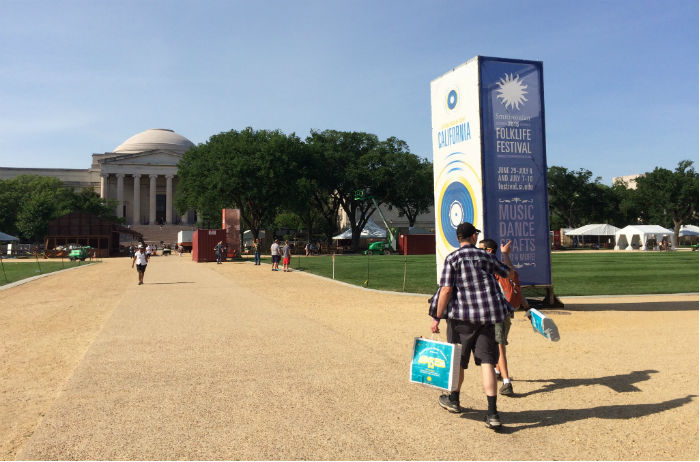
Under clear blue skies, our technical team is installing white tents and billowing signs on the green grass of the National Mall. You know what that means? The Smithsonian Folklife Festival will soon be upon us!
For us at the Center for Folklife and Cultural Heritage, the Festival is the result of months and years of planning, research, and blueprints. For you, it is a ton of free, awesome events! From June 29 to July 4 and July 7 to 10, there are 600 performances, workshops, demonstrations, and discussions scheduled between our two main programs, Basque: Innovation by Culture and Sounds of California, and a third area, On the Move: Migration and Immigration Today.
Understanding that it can be a bit overwhelming to plan out a visit to the Folklife Festival, here is a handy guide for highlights of our opening day on Wednesday.
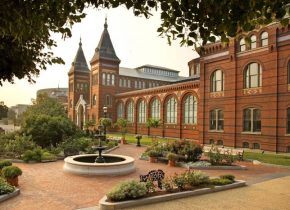
Opening Ceremony
Arts and Industries Building
10–11:30 a.m.
Ring in the start of the Festival in the newly renovated Arts and Industries Building. Hear from Smithsonian, Basque, and Californian representatives, interspersed with performances by Homayoun Sakhi and Salar Nader, Aukeran, Kepa Junkera & Sorginak, Quetzal, and NOKA with Mikel Markez. Banda Brillo will lead a procession to the Festival grounds.
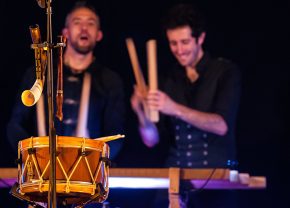
Txalaparta Workshop
Musika eta Dantza Etxea
Noon–12:30 p.m.
Music nerds, rejoice! This workshop is right up your alley. The txalaparta is a Basque xylophone-like instrument made of cider making parts. When cider was ready to share with neighbors, farmers would bang on their wooden apple presses drying on rooftops. Learn how to instrument is played–always between two musicians, alternating notes, to create complex rhythmic melodies.
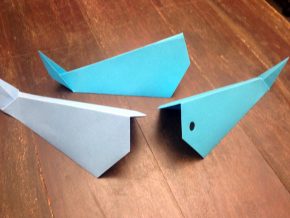
Whale Origami
Txiki-Txoko Kids’ Corner
Noon–12:30 p.m.
Want a fun, free souvenir? Visiting the Festival with young ones? Honor the long history of Basque’s reliance on the sea and learn about their prominence in the whaling industry while making an adorable whale origami to take home.
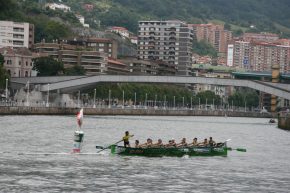
Rowing Machine Competition
Frontoia
12:30–2 p.m.
One day only! Professional athletes from Basque country, assisted by the crew team from Catholic University of America, will demonstrate training techniques on ergometers in a fun, competitive atmosphere. Who will be triumphant?
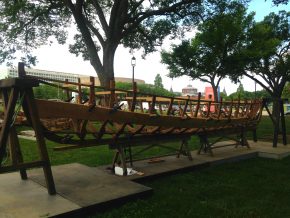
Boatbuilding Yesterday & Today
Euskaldunak Dialogues
12:30–1:15 p.m.
Following in the vein of marine life, expert craftsmen and engineers will lead this discussion about the history of shipbuilding in the Basque region. From the small wooden txalupa used for whaling in the sixteenth to the carbon fiber trainera used in modern rowing races, Basques have long been at the forefront of new maritime technologies.
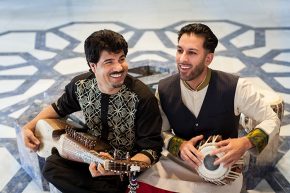
Afghan Rhythms & Melodies
Sounds of California Stage
1:15–2 p.m.
Homayoun Sakhi is admired as the outstanding Afghan rubâb player of his generation. He will be joined by Salar Nader, a virtuosic and internationally renowned tabla player and composer. These internationally recognized musicians represent the heritage and varied journeys of the Afghan exile community.
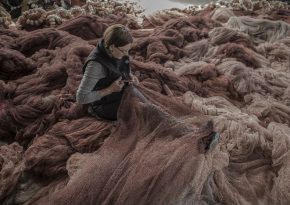
Women in the Fishing Industry
Euskaldunak Dialogues
2–2:45 p.m.
Women from Basque country will discuss their unique roles in the fishing industry. Called saregileak, the spouses, mothers, and sisters of fishermen have long been the invisible force behind the successful industry, mending nets, pulling towropes, keeping the books, and selling fish.
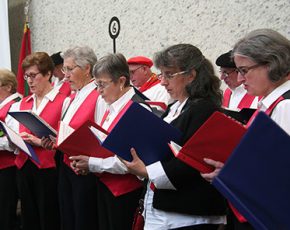
Music on the Move:
Basque American Music
On the Move Tent
3–4 p.m.
In the 1940s, ethnomusicologist Sidney Robertson Cowell collected songs from Basque Americans in California which are now housed at the American Folklife Center at the Library of Congress. Center archivist Catherine Hiebert Kerst and Basque librarian Iñaki Arrieta Baro from the University of Nevada, Reno, will play some of these songs and engage visitors in a discussion.
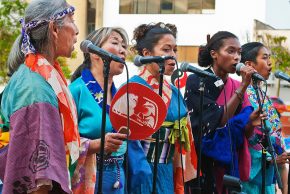
FandangObon
Sounds of California Stage
12:30–1:15 or 4:15–5 p.m.
FandangObon is a collaborative performing arts project from Los Angeles that explores connections between the participatory music and dance traditions of fandango son jarocho of Veracruz, Mexico, and the Japanese Buddhist ritual of obon. Learn this simple dance and join in!
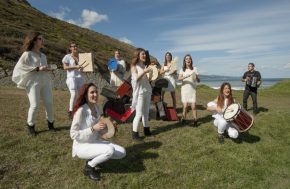
Kepa Junkera & Sorginak
Ralph Rinzler Concert Stage
6:30–8 p.m.
This evening concert features Kepa Junkera, a well-known Basque trikitixa (accordion) player and the Sorginak, an all-women group whose name translates as “witches.” Their music promotes the use of traditional Basque instrumentation while exploring new fusions of rhythm and sound. Who isn’t curious what “witches” sound like?
Want to know more? View the full schedule and map online. See you there!
SarahVictoria S. Rosemann is a media intern for the Folklife Festival. She has a degree in ethnomusicology, with a focus on Tibetology, and grew up in Reno, Nevada.

